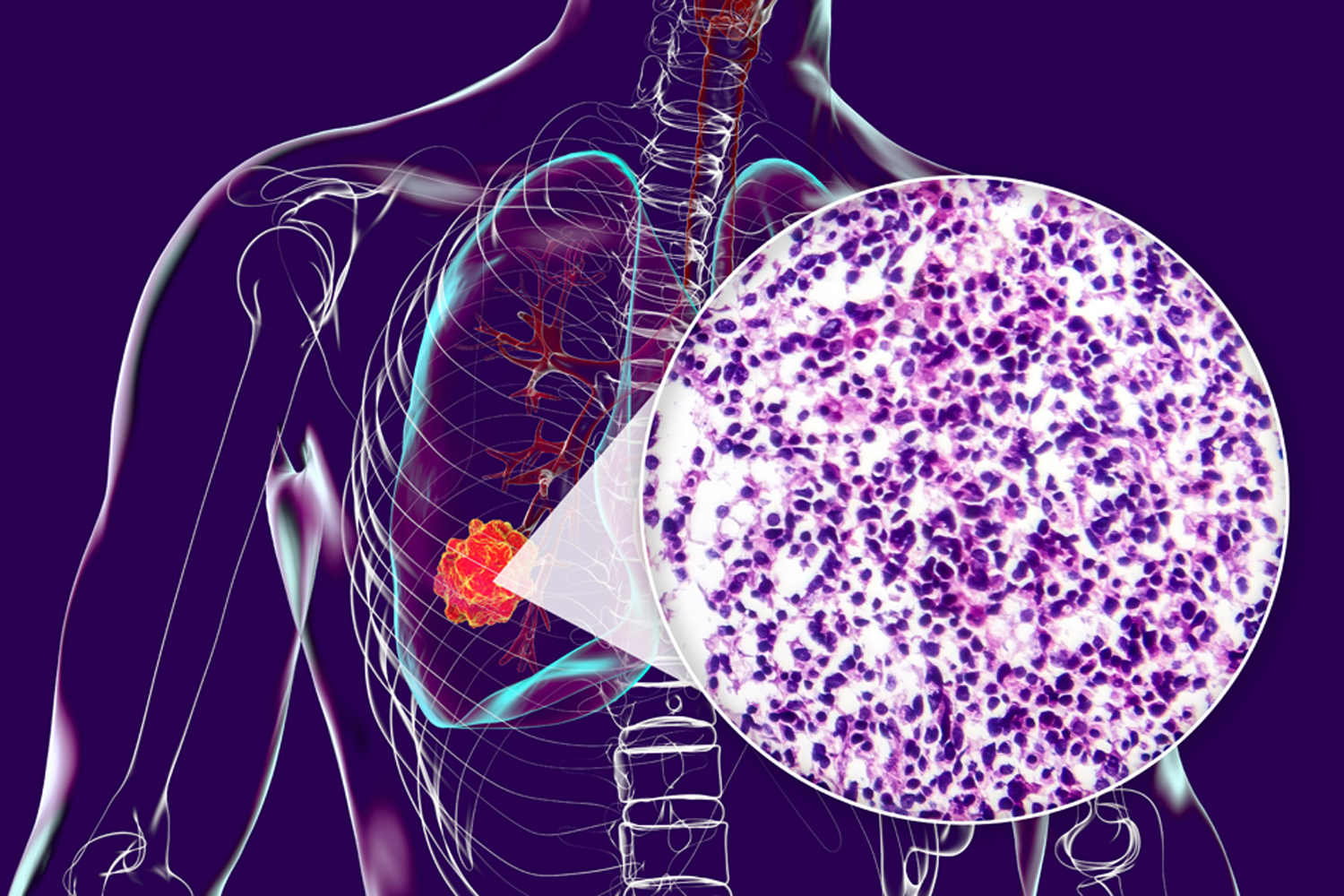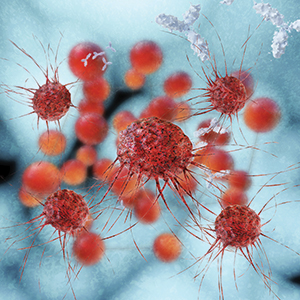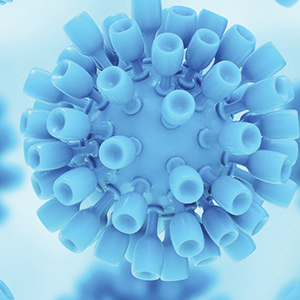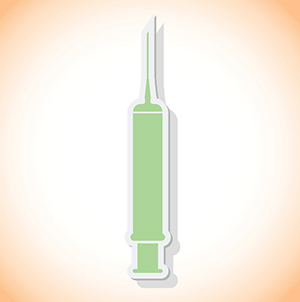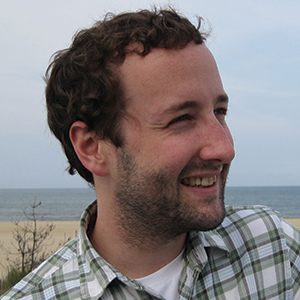-
Forward Look
Identifying Ovarian Cancer RiskStudy may help spotlight women who would benefit from risk reduction strategies.
by Carrie Printz
-
From the Editor-in-Chief
Inheritance, ‘Bad Luck’ and the EnvironmentWhy do some people develop cancer while others do not?
by William G. Nelson, MD, PhD
-
Forward Look
There Goes the NeighborhoodQ&A with scientist Zena Werb on cancer, immunity and the microenvironment.
by Chris Palmer
-
Forward Look
Cost of Breast Cancer Treatment Affects AdherenceDrug for early-stage cancer must be taken for many years to be effective.
by Kendall K. Morgan
-
Forward Look
Cancer Treatment Can Reactivate Hepatitis BResearchers make the case for screening cancer patients for hepatitis B before treatment.
by Yasmine Iqbal
-
Forward Look
First Biosimilar Drug Approved in U.S.New drugs will offer same effectiveness, but at a lower cost.
by Stephen Ornes
-
The DCIS Dilemma
Ductal carcinoma in situ is the fourth most common cancer diagnosis in women. Some say it's not "really" cancer. But you wouldn't know that based on how it is treated.
by Sue Rochman
-
Healthy Habits
Reaping the BenefitsFollowing a vegetarian diet could reduce your risk of colorectal cancer.
by Leigh Labrie
-
Q&A
The Language of CancerResearcher David J. Hauser discusses how war metaphors may make people less likely to engage in preventive behaviors.
by Sharlene George
Cancer Talk
Biotin Supplements Can Skew Cancer Lab Results
Products containing biotin can alter lab tests for people during and after cancer treatment.
by Laura Gesualdi Gilmore
Connecting More Patients to Cancer Clinical TrialsAACR conference brings experts together to discuss strategies to reach people historically left out of cancer research.
by Eric Fitzsimmons
Treatment Combination Improves Survival in EGFR-positive Lung CancerAdding chemotherapy to targeted therapy improves outcomes for people with advanced EGFR-positive non-small cell lung cancer.
by Sandra Gordon
Lessons From 20 Years Living With CancerMultiple myeloma survivor Jonathan Gluck reflects on uncertainty, and the scientific progress that has kept him living with cancer for more than two decades.
by Eric Fitzsimmons

